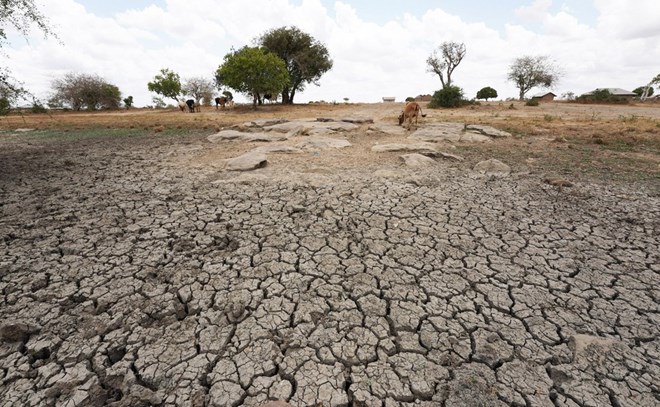— A campaigner stated on Monday during World Day of Social Justice that the fulfillment of social justice and togetherness in Africa could be a mirage as the rising climate disaster pulls communities apart while also exacerbating poverty and inequality.
According to Rosalid Nkirote, executive director of the Nairobi-based African Coalition of Communities Responding to Climate Change, extreme weather occurrences linked to global warming have harmed the continent’s fairness, justice, and egalitarianism.
“Climate change alone is playing havoc on the African Union’s Agenda 2063,” Nkirote said in a statement issued in Nairobi, Kenya’s capital.
Every February 20, the International Day of Social Justice attempts to mobilize communities to take collective action on challenges to basic rights and human dignity, such as poverty and hunger.
Climate change, together with COVID-19-related disruptions, conflicts, and the global economic slump, according to Nkirote, has exacerbated the vulnerability of Africa’s poor, depriving them basic necessities such as food, clean water, housing, and health.
Furthermore, Nkirote stated that climatic emergencies have overloaded the continent’s public finances, pushing the rural and urban poor to the brink of extinction and denying them a future of hope and dignity.
Given the enormity of forced displacement, resource-based conflicts, and starvation, she characterized the rising drought in the East and Horn of Africa as undermining progress gained in achieving social justice for all.
According to the Intergovernmental Authority on Development (IGAD), 23.4 million people in Kenya, Somalia, and Ethiopia are facing extreme food insecurity as a result of a prolonged and climate-induced drought cycle.
Nkirote said that as the climate catastrophe hinders efforts to close the access gap in Africa to essential amenities such as clean water, power, and modern sanitation, social justice remains a pipe dream.
She stressed the importance of a people-centered climate response in attaining social justice and inclusivity in a continent that contributes the least to global warming but bears the brunt of its effects.

